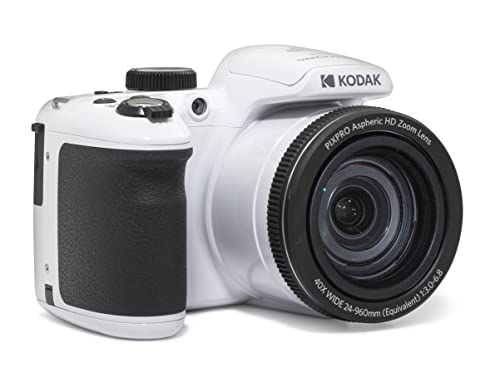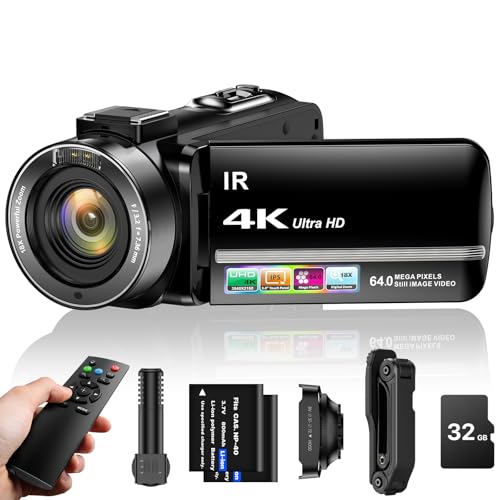




Security camera footage can be crucial evidence in legal proceedings, providing a visual record of events that can help establish facts and support claims. However, getting security camera footage admitted as court evidence can be a complex process that requires careful attention to detail and adherence to legal requirements.
Whether you are a plaintiff or defendant seeking to introduce security camera footage in court, it is important to understand the rules and procedures governing the admission of such evidence. Failure to follow the proper protocols could result in the footage being excluded from consideration, potentially weakening your case.
In this article, we will explore the steps you need to take to ensure that security camera footage is properly admitted as court evidence, including considerations related to authenticity, relevance, and chain of custody.
Importance of Security Camera Footage in Court
Security camera footage plays a crucial role in court proceedings as it provides visual evidence that can help establish the facts of a case. The footage captured by security cameras is often considered reliable and objective, as it offers a real-time account of events without bias.
Having security camera footage as evidence can help clarify disputed events, provide context to testimonies, and corroborate witness statements. It can also help determine the sequence of events and identify individuals involved in a crime or incident.
Key Benefits of Security Camera Footage in Court:
- Provides visual evidence that is difficult to dispute
- Offers a clear account of events without human interpretation
- Can help establish timelines and sequences of events
- Enhances the credibility of testimonies and witness statements
Legal Requirements for Admitting Footage
When seeking to admit security camera footage as court evidence, there are several legal requirements that must be met:
| 1. | Authentication: The footage must be properly authenticated to prove its accuracy and reliability. This can be done through testimony from the person who installed the camera system or the person who downloaded the footage. |
| 2. | Chain of Custody: The chain of custody of the footage must be established to show that it has not been tampered with or altered in any way. This involves documenting who has had access to the footage and ensuring its integrity. |
| 3. | Relevance: The footage must be relevant to the case at hand and must have some probative value. It should help to prove or disprove a fact that is in dispute. |
| 4. | Admissibility: The footage must also be admissible under the rules of evidence in the jurisdiction where the case is being heard. This may involve considerations of hearsay, relevance, and authentication. |
Proper Storage and Maintenance of Footage
1. Regular Backups: It is crucial to regularly back up the security camera footage to ensure that it is not lost or corrupted. This can be done on external hard drives, cloud storage, or other secure means.
2. Secure Storage: Store the footage in a secure location where it is protected from theft, tampering, or damage. Access to the footage should be restricted to authorized personnel only.
3. Data Encryption: Encrypting the stored footage adds an extra layer of security, ensuring that even if the storage is compromised, the data remains protected and cannot be accessed without proper authorization.
4. Regular Maintenance: Regularly check the storage devices for any signs of wear and tear, and replace them if necessary. Keep the storage environment clean and free from dust or other contaminants that could potentially damage the data.
5. Compliance with Legal Requirements: Ensure that the storage and maintenance practices comply with legal requirements regarding data retention and privacy. Failure to comply with regulations could result in the footage being deemed inadmissible in court.
Chain of Custody for Security Camera Footage
When seeking to admit security camera footage as court evidence, establishing a clear chain of custody is crucial. The chain of custody refers to the documented trail of individuals who have had possession of the footage from the time it was recorded to its presentation in court.
Importance of Chain of Custody
By maintaining a strict chain of custody, you can demonstrate that the footage has not been tampered with or altered in any way, ensuring its authenticity and reliability as evidence. This helps to establish the credibility of the footage and strengthen your case.
It is essential to record details such as who collected the footage, where and when it was stored, who had access to it, and how it was transferred to the court. Any gaps or inconsistencies in the chain of custody can raise doubts about the integrity of the evidence.
Authentication and Verification of Footage
Authentication and verification of security camera footage are crucial to ensure its admissibility in court. To authenticate the footage, it is important to establish the chain of custody, which includes documenting who had access to the footage, when it was recorded, and how it was stored. This helps to verify the integrity of the footage and prevent tampering.
Additionally, it is essential to confirm that the footage has not been altered or edited in any way. This can be done by comparing the original footage with a copy presented in court, examining metadata such as timestamps, and using forensic techniques to detect any signs of tampering.
Furthermore, it is recommended to have a qualified expert testify about the authenticity and reliability of the footage. This expert can explain the technical aspects of the footage, verify its accuracy, and address any questions or challenges regarding its admissibility.
Expert Testimony on Security Camera Footage
Another crucial aspect of getting security camera footage admitted as court evidence is expert testimony. A qualified expert can provide an analysis of the footage, including enhancing the video quality, zooming in on specific details, and pointing out important factors that may not be immediately apparent to the court.
Expert testimony can help establish the authenticity and reliability of the footage, as well as provide context and interpretation of what is shown on the video. This can be especially helpful in cases where the footage is unclear or disputed by the opposing party.
When presenting security camera footage in court, having an expert witness to testify can significantly strengthen the credibility and persuasiveness of the evidence, increasing the chances of it being admitted and considered by the judge or jury.
Challenges in Admitting Footage and How to Overcome Them
Admitting security camera footage as court evidence can present various challenges, including:
- Authentication: Ensuring the authenticity and integrity of the footage is crucial. Without proper authentication, the footage may be deemed inadmissible.
- Chain of Custody: Maintaining a clear chain of custody is essential to prove that the footage has not been tampered with or altered in any way.
- Relevance: Demonstrating the relevance of the footage to the case at hand is necessary for its admissibility. The footage should directly support the claims or defenses being made.
Overcoming these challenges:
To overcome these challenges, it is important to:
- Document Authentication: Maintain detailed records of how the footage was captured, stored, and accessed to establish its authenticity.
- Chain of Custody Logs: Keep thorough chain of custody logs to track who handled the footage and when to ensure its integrity.
- Provide Context: Clearly explain the relevance of the footage to the case and how it supports the arguments being presented.






